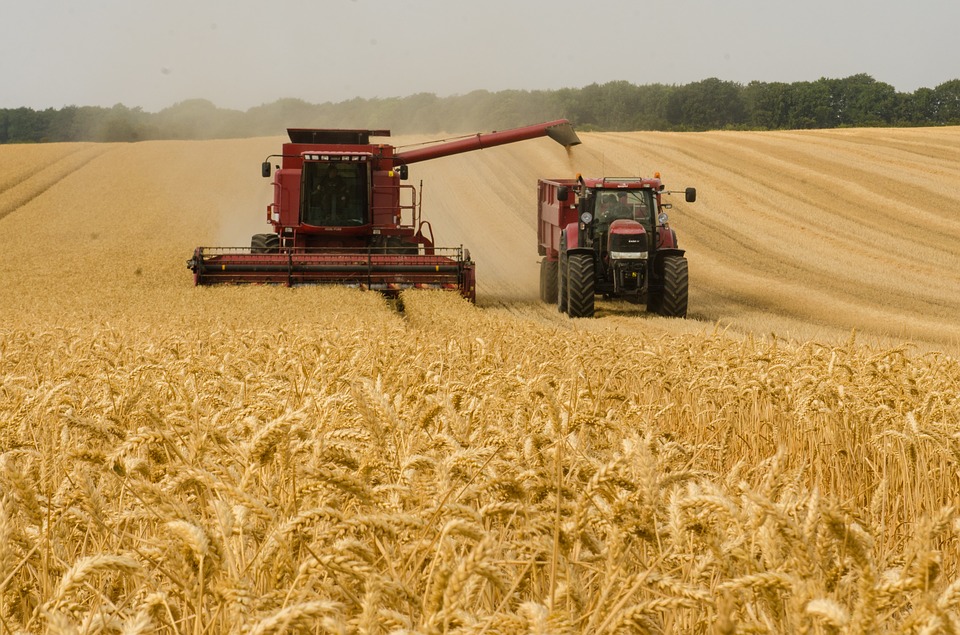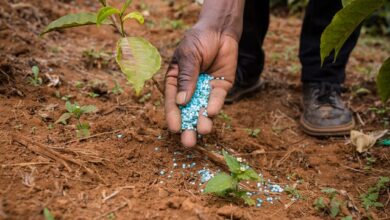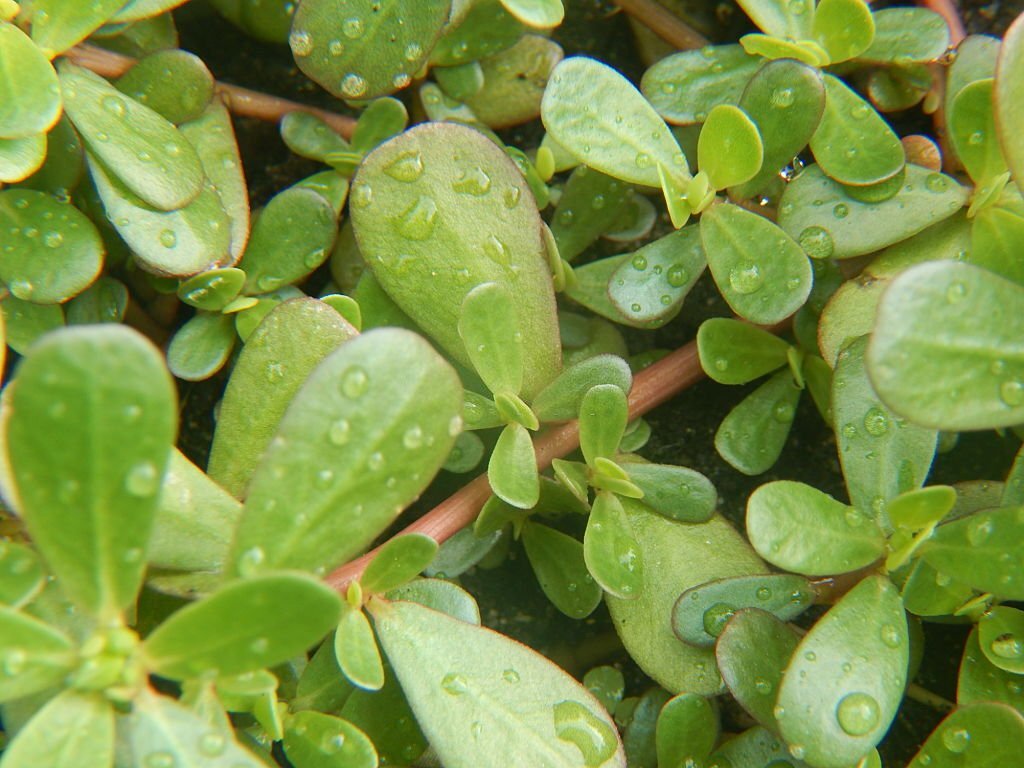Production of Wheat in World

Last updated on June 24th, 2024 at 11:21 am
Following are some of the most important points to increase the production of wheat in world. Before beginning to cultivate wheat, soil must be properly prepared. This can be done using mould board or disc ploughing and two to three light plowing. After the ground is prepared, natural fertilizers may be applied. For commercial wheat farming, 50 kg Nitrogen and 25 kg Phosphorus should be added. Other natural fertilizers can be used to add organic content to the soil. But these methods are expensive. You may also use a combination of fertilizers to ensure the best yield possible.
Best Methods to Improve Production of Wheat in World
Wheat is a very easy crop to cultivate, with only minimal water requirements once established. It also grows in cool climates and prefers moist soils. It is recommended to receive twelve to twenty inches of rain annually. If you must water your wheat plants, be sure to do so in the early morning or evening, and only soak the plants when they need it. Make sure the soil drains well; excessive moisture can encourage diseases.
Seed and Varieties
To grow wheat, you must have a good knowledge of how to sow the seeds. You can purchase them easily from the market. Choose healthy varieties with high yield potential. To grow a single crop, you need 40 to 50 kg of seeds, and the amount depends on the variety you choose. You should also know how to sow them. You can sow them at the proper time and place them about four to five centimeters into the soil. It is important to sow your seeds at the right time so that they will germinate and produce a large crop.
Soil Preparation:
To begin cultivating wheat, you must prepare the soil. It must be free from weeds and twigs. If you want to have a good yield, you should apply three to six ounces of Urea during the growing season. During the rainy season, you should do heavy harrowing to remove rots and stubble. After the first irrigation, you should apply light harrowing just before sowing.
When it comes to fertilization, the wheat crop requires relatively little water once it has established itself. It thrives in cool, damp conditions. During the growing season, you should get about twelve to twenty inches of rainfall. If you must water, be sure to water in the morning or late evening. Aim to soak the seeds once or twice. If possible, use a waste decomposer to aid in soil drainage.
The next step in wheat farming is field preparation. During this time, you can use a mould board or disc plough to deep plough the soil. Then, you can plank or harrow the soil to promote plant growth. You can also apply the first fertilizer to the soil. Jeevamrut, Farm Yard Manure, and Waste Decomposer are excellent products to use to improve the fertility of the soil.
Once the soil is prepared, the next step in wheat production is to water the seeds. It needs a minimum of 12 to 20 inches of rain per week during the growing season to grow well. You should soak the seeds every two weeks. If you must water, make sure to water in the early morning or evening. A weekly irrigation is crucial for wheat, especially if the weather is hot or dry. This will help prevent weeds and help the plant grow more effectively.
Irrigation required to increase production of wheat in world
Once the seedlings are established, you need to provide them with water. Although the wheat plant can tolerate moderate water levels, it needs at least 12 to 20 inches of rainfall per year. Soil testing is an essential part of the wheat growing process. A soil pH of 6.0 to 7.0 is ideal for the production of wheat. You should also prepare the soil before sowing to prevent the emergence of weeds.
Soil testing is an important part of wheat production. You can use soil testing to determine the type of soil you have. This will help you plan fertilizer dozes more effectively. A half-doze of Urea can be applied during the sowing process. Then, you should add one-half doze of phosphate or one-half doze of potash at the end of the growing season.
All of these are most important in increasing the production of wheat in world.





